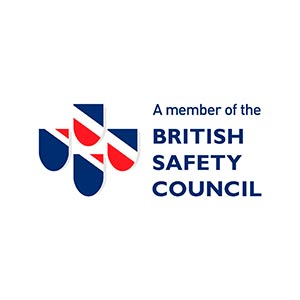Extensions and Loft Conversions
At a Glance...
- Planning permission is granted by local planning authorities.
- An application for planning permission must be made to undertake certain types of work.
- Failure to obtain planning permission when required, is likely to lead to enforcement action being taken by the local planning authority.
What is Planning Permission?
Planning Permission can be defined as the granting of consent by a local planning authority to undertake a proposed alteration, extension or other type of associated works. If you chose to carry out applicable work without Planning Permission it can lead to enforcement action being taken by the local authority. Within the planning system the type of work you are seeking to undertake, determines the type of planning application you should make.
Householder planning consent
Householder planning applications are for proposals to alter or enlarge a single house, including works within the boundary/garden of a house. It should be used for projects such as:
- Extensions
- Conservatories
- Loft conversions
- Dormer windows
- Garages, car ports and outbuildings
Full planning consent
Full planning applications should be made for developments including building, engineering or other works, in, on, over or under land, or the making of any material change in the use of any buildings or other land excluding householder developments. As such it should be used for projects such as:
- Any works relating to a flat
- Applications to change the number of dwellings (flat conversions, building a separate house in the garden)
- Changes of use to part or all of the property to non-residential (including business) uses
- Anything outside the garden of the property (including stables if in a separate paddock)
Outline planning Consent
Applications for outline planning permission seek to establish whether the scale and nature of a proposed development would be acceptable to the local planning authority, before a fully detailed proposal is put forward. This type of planning application allows fewer details about the proposal to be submitted. Once outline permission has been granted, you will need to ask for approval of the details (“reserved matters”) before work can start. These details will be the subject of a “reserved matters” application at a later stage.
Lawful Development Certificate: Proposed or Existing
If you want to be certain that the existing use of a building is lawful for planning purposes or that a proposal does not require planning permission an application for a Lawful Development Certificate from your local Planning Authority.
For more information on Lawful Development Certificates - Click Here
Other types of planning consent
- Listed building consent
- Reserved matters
- Planning permission for demolition in a conservation area
- Removal / Variation of conditions
For a complete list and detailed information - Click Here.


















